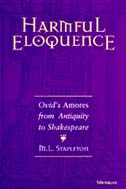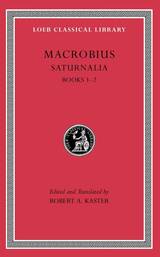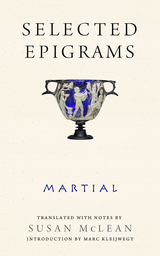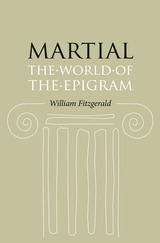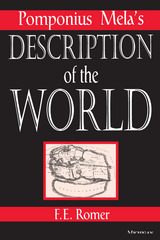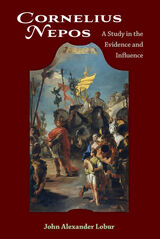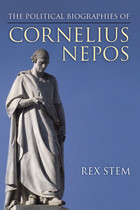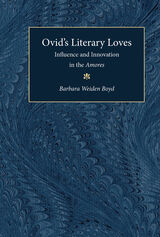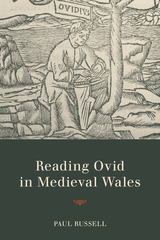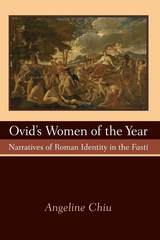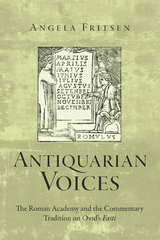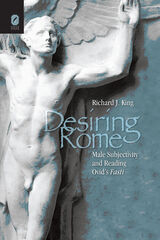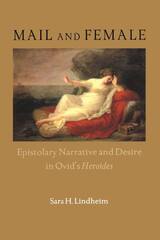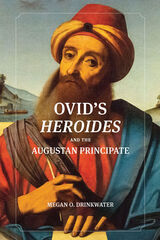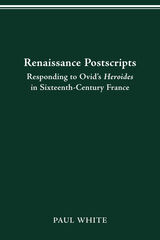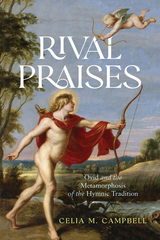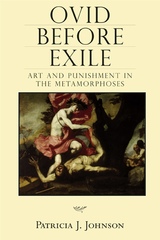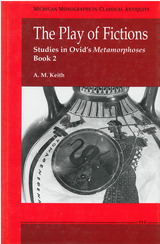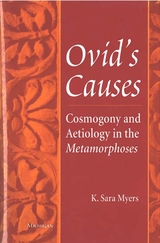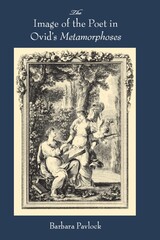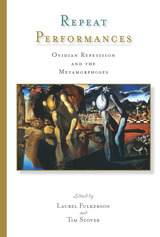Harmful Eloquence: Ovid's Amores from Antiquity to Shakespeare
University of Michigan Press, 1996
Cloth: 978-0-472-10707-0
Library of Congress Classification PA6519.A73S73 1996
Dewey Decimal Classification 871.01
Cloth: 978-0-472-10707-0
Library of Congress Classification PA6519.A73S73 1996
Dewey Decimal Classification 871.01
ABOUT THIS BOOK
ABOUT THIS BOOK
M. L . Stapleton's Harmful Eloquence: Ovid's "Amores" from Antiquity to Shakespeare traces the influence of the early elegiac poetry of Ovid (43 b.c.e.-17 c.e.) on European literature from 500-1600 c.e. The Amores served as a classical model for love poetry in the Middle Ages and the Renaissance and were essential to the formation of fin' Amors, or "courtly love." Medieval Latin poets, the troubadours, Dante, Petrarch, and Shakespeare were all familiar with Ovid in his various forms, and all depended greatly upon his Amores in composing their cansos, canzoniere, and sonnets.
Harmful Eloquence begins with a detailed analysis of the Amores themselves and their artistic unity. It moves on to explain the fragmentary transmission of the Amores in the "Latin Anthology" and the cohesion of the fragments into the conventions of Medieval Latin and troubadour "courtly love" poetry. Two subsequent chapters explain the use of the Amores, their narrator, and the conventions of "courtly love" in the poetry of both Dante and Petrarch. The final chapter concentrates on Shakespeare's reprocessing and parody of this material in his sonnets.
Harmful Eloquence analyzes the intertextual transmission of the Amores in major medieval and Renaissance love poetry for the first time. No previous study has devoted itself exclusively to this Ovidian text in this particular way. The premise that Ovid consciously used the device of persona from the very beginning of his writing career is fully explored, as is the "Ovidian hypothesis" of Wilibald Schroetter. Connections between Dante's La vita nuova and the Amores are newly discovered; significant for Shakespeare studies, the use of Christopher Marlowe's translation of the Amores by Shakespeare in his "dark lady" sonnets is also carefully analyzed for the first time.
Medievalists, classicists, and scholars of Renaissance studies will find Harmful Eloquence particularly engaging and useful, as will all those interested in the process and methods of literary transmission.
M. L. Stapleton is Associate Professor of English, Stephen F. Austin University.
See other books on: 1564-1616 | Antiquity | Appreciation | Shakespeare | Shakespeare, William
See other titles from University of Michigan Press
